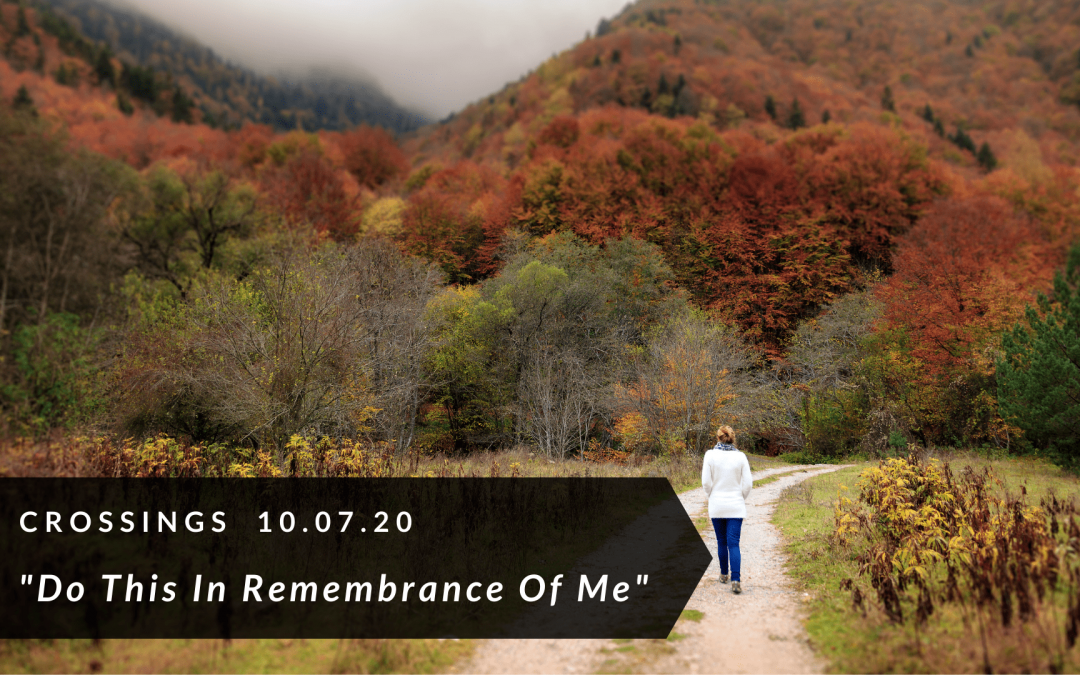I’ve always found this time of year to be deeply sentimental. There is something about the reddening leaves, the quiet stillness of Autumnal forests, and that characteristic “nip” in the air that makes Autumn feel like the most “ancient” and “wise” season to me. It all begs for long walks accompanied by quiet reflection, in which my mind is gently led back into the archives of memory, recalling the events of the previous year, and even of my life as a whole. I’m sure I’m not the only one for whom this is true.
Our memories are deeply important, because they function as links between ourselves and our broader story; reflecting upon them (in Autumn or otherwise) allows the characters and events of previous “acts” of that story to continue to influence and guide us in the present.
Not long ago, whilst reading through the Third Ethical Discourse by the early-11th century mystic St. Symeon the New Theologian, I came across a passage that really struck me in this regard. Tracing out the story of the Fall in Genesis, he observes that
“[Adam and Eve] first turned away from the remembrance of God and of His works—which remembrance was itself the work which God had given them—and, secondly, they abandoned their keeping of the commandment and ate of the tree which He had ordered them not to eat of.”[1]
Our first task, the Saint points out, was simply to keep fixed in our minds the story of an unchanging, infinitely-loving God who created us all for the very purpose of bearing his image, and sharing His own divine life and His creative work for all eternity, and to thus allow that story to continually form who we are and what we do. As such, the Fall began not with an abrupt act of disobedience of God’s commandments, but with the failure of humanity to remember its own story of intimacy and fullness with its Creator. This forgetfulness then inevitably resulted in disobedience, in which humans tried—unsuccessfully—to write a new story on its own, not marked by love and thanksgiving and faithfulness, but by a self-serving desire to be God ourselves. And our history and our minds have been filled with memories of the fear and shame and brokenness and unfulfillment which characterize this “second story” ever since.
In Christ, however, God dramatically reminds us of the story all humanity was made for by making us once again participants of His story, in which God fills us with Himself and connects us and our “memories” to the narrative of His loving, faithful, self-sacrificing, unchanging character. In Christ, we are given a new narrative; a new point of reference, a new grounding for our identities, and a purpose and hope, unbound by time or circumstance, for us to continually reflect on and be encouraged and formed by. It is no accident that the summit of the Christian life—the Holy Eucharist, whereby God’s loving, self-giving character is most on display, and whereby we become “partakers of the divine nature”—is to always be done, as Jesus tells us, “in remembrance of Me.”
My friends, we indeed find ourselves in difficult, uncertain, and unstable times. Even as Christians, it can sometimes be hard to know what to do in the midst of it all without becoming overwhelmed. I think St. Symeon the New Theologian implicitly reminds us here that simply taking time to stop and recall the contours of the story into which we have been brought of God’s unchanging faithfulness to us in Christ is a good place to start.
Peace,
Dcn Samuel
[1] St. Symeon the New Theologian. On the Mystical Life: The Ethical Discourses, Vol. 1: The Church and the Last Things. Translated by Alexander Golitzin. Crestwood: St. Vladimir’s Seminary Press, 1995. Underline mine.


Recent Comments